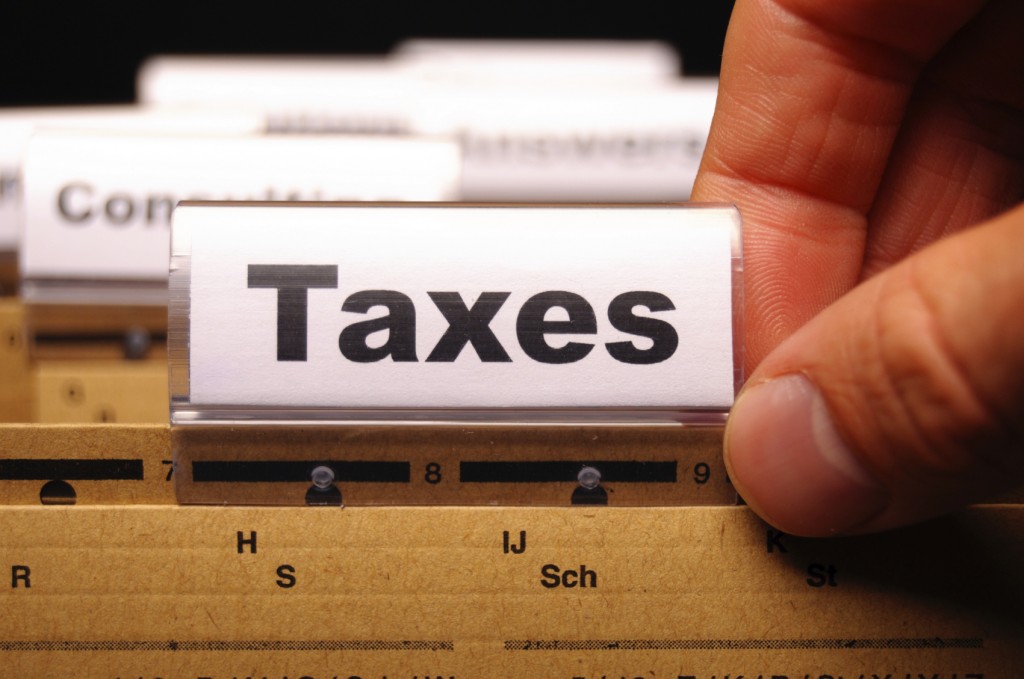 The month of January, of course, brings the start of the tax filing season. As such, there are a couple of items to think about. These two particular items are mainly directed at businesses, however, individuals who own rental properties or who are sole proprietors may be impacted as well.
The month of January, of course, brings the start of the tax filing season. As such, there are a couple of items to think about. These two particular items are mainly directed at businesses, however, individuals who own rental properties or who are sole proprietors may be impacted as well.
1099 Reporting
First, 1099 reporting has become a hot topic in recent years due to the increasing penalties for failure to file. Any payments for services (including rents) exceeding $600 annually in the ordinary course of business requires the issuance of a 1099 to that entity. Of course with any IRS rule, there are a couple of exceptions. The first is that you do not have to issue a 1099 if the payee is a corporation (unless it is for attorney’s fees; see next rule). The 1099 rule also stipulates that all attorney’s fees paid in the ordinary course of business require the issuance of a 1099.
The best practice is to provide the payee the 1099s no later than February 1st. Filing of the actual forms can come as late as March 31st, if filing them electronically.
Tangible Property
Second, the other hot topic this year is the new tangible property regulations. The way that businesses are looking at how they capitalize property will completely change. Effective for tax years beginning on or after 1/1/2014: Nearly every business with tangible property will have a change in accounting method and will require a Form 3115. Additionally, most businesses will have to also file an election to adopt some of the new rules that apply to the current year and forward. [UPDATE: As of February 13, 2015, the IRS made it easier for small businesses to take advantage of the changes with regards to tangible personal property. For more information on these changes, click here.]
If you or your business is in need assistance with these new rules, be sure to contact a CPA.
